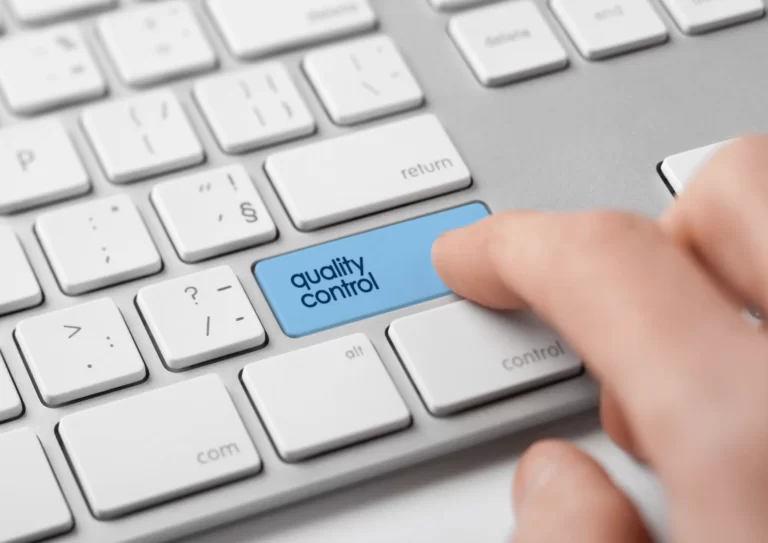Why is Acceptance Sampling Essential?
When it comes to mass production, particularly in Asia, it's crucial to meet high standards. So thesampling for acceptance acts as a safety net, detecting faulty products before they are dispatched.
Key stages in sampling
1. During Production
- Initial Production Control (IPC) : ensures that the product meets specifications from the outset.
- Mass Production Control (MPC) regular inspections to maintain consistent quality in every batch.
2. Pre-Shipment Inspection
- Pre-Shipment Inspection (PSI) rigorous control of finished products before dispatch.
- Container Loading Monitoring (CLS) Checking packaging standards during loading.
- Laboratory tests (LT) Additional analyses to confirm safety and quality.
Understanding the Acceptance Quality Limit (AQL)
What is LQA?
The LQA sets the maximum percentage of defective products acceptable in a batch.
This determines whether a batch can be validated or rejected.
How is LQA defined?
The AQL depends on :
- the importance of the product,
- market requirements,
- and the end use of the product.
LQA: More than just a threshold
Unlike an average, the AQL is a measure of threshold not to be exceeded. To minimise discharges, production must aim for a quality above this limit.
Defect Classification: A Structured Approach
La classification of defects helps to prioritise the problems identified during sampling. This makes it easier to manage corrective measures.
1. Critical defects
These defects may represent a danger to the end user or infringe regulations. They require immediate rejection.
2. Major defects
Although they do not endanger safety, these defects can affect the performance or appearance of a product, impacting its value and reputation.
3. Minor defects
Although these defects deviate slightly from the standards, they do not affect the safety or functionality of the product. They are often considered as acceptable.
L'sampling for acceptance and the management of LQA are essential for maintaining high quality standards in an international production environment. Thanks to a structured approach, you can :
- Reduce the costs associated with defects.
- Strengthen your supplier relationships.
- Guaranteeing customer satisfaction.
Rely on GPS Monaco Group, to support you in this strategic process. Contact us today for personalised support.
Would you like to find out more about our support in international quality control?
Contact us and find out how our services can optimise your production to meet the highest standards.
